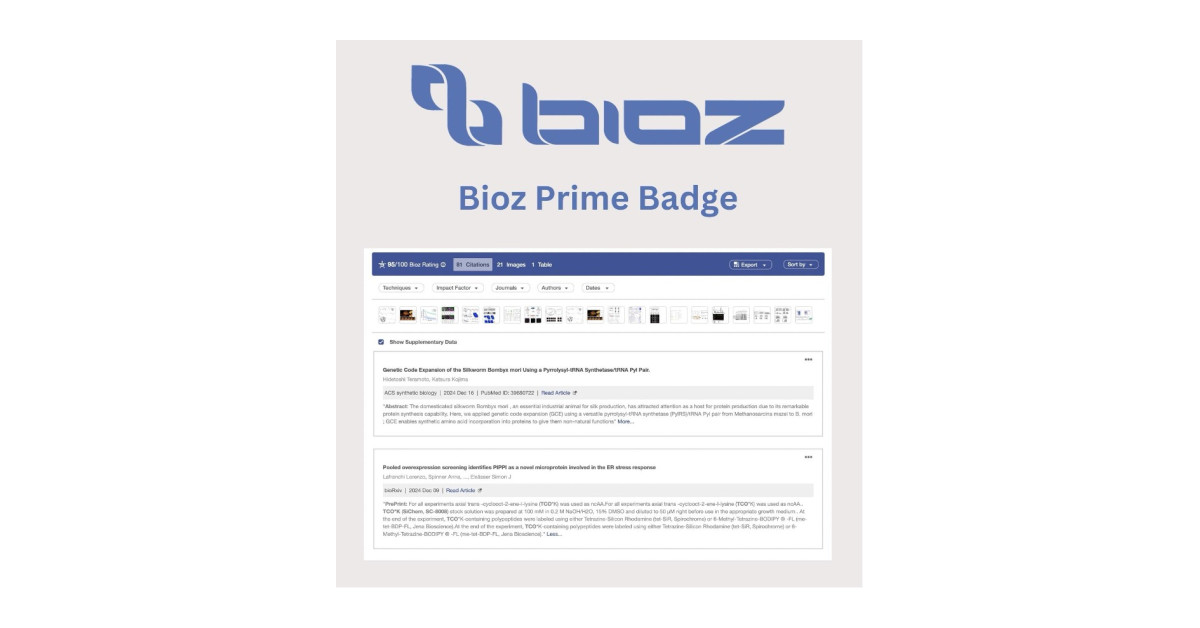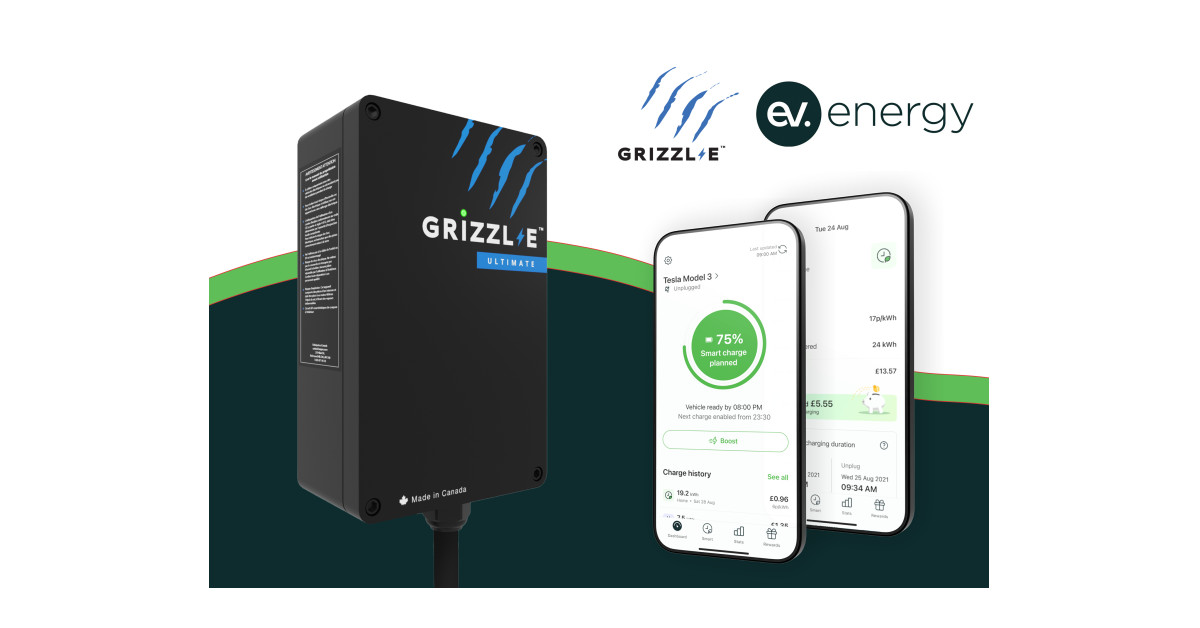[ad_1]

While the end of 2022 did not result in the official definition of recession, many experts are warning not to breathe a sigh of relief yet. The Office for National Statistics (ONS) reported that there was in fact a 0.1% growth in the economy
for November 2022 – surprising many as the initial forecast was a contraction of 0.2%. The last few months have shown that the strain of this rise in inflation is going to have long-term effects for business owners and leaders across the UK. And while 2022 did not quite reach the official definition of a recession, some of the UK’s top economists are warning that it is still very likely by the end of the second quarter of 2023.
Inflation has impacted every industry and area of the country – from staffing costs, to supply chains, utilities, and even taxes. For business owners and leaders, it will be a desperate struggle to survive the winter. Budgets are tightening and businesses are hesitant to pass on costs, but some have no other choice.
The delayed release of the provisional rating list for 2023 has not helped matters. Commercial property tenants and owners are now scrambling desperately to pull together a budget that will not only see them survive to April, but beyond.
Do you know how to review your business rates?
Business rates, or non-domestic rates, are a tax placed on commercial properties in lieu of council tax. This is determined by the rateable value of the property in question. Commercial property owners and tenants are able to check this through their account on the Valuation Office Agency’s (VOA) website, or by searching for their property.
“I cannot stress how imperative it is for commercial property owners and tenants to be reviewing their business rates.” Anthony Hughes, Managing Director of the business rates reduction specialists RVA Surveyors, said. “Revaluation is just around the corner and once we enter the new rating list, they won’t be able to claim back any overpayments for the 2017-2022 rating list.”
While the multiplier (the figure which the Rateable Value of a property is multiplied by to determine business rates) may have been frozen for 2023 rating list, this will still see some areas and industries Rateable Value’s (RV) go up by about 30%.
A brutal increase in business rates tax when businesses are already suffering from a 40-year high inflation.
“I don’t think people quite realise the significant level of increase and how many problems this could bring,” Anthony Hughes admitted. “In the autumn statement the Chancellor said it wouldn’t be above 1%, but now the VOA are saying a 7.1% overall increase in RV for England and Wales. In two months, the official government stance has jumped by over 6%. Coupled with the multiplier staying artificially high, this means that that many will see real increase of around 14%. This silent increase is creating a sense of false optimism in the business community. I would one hundred percent recommend that commercial property owners and tenants engage with a professional before it is too late.”
[ad_2]
Source link




